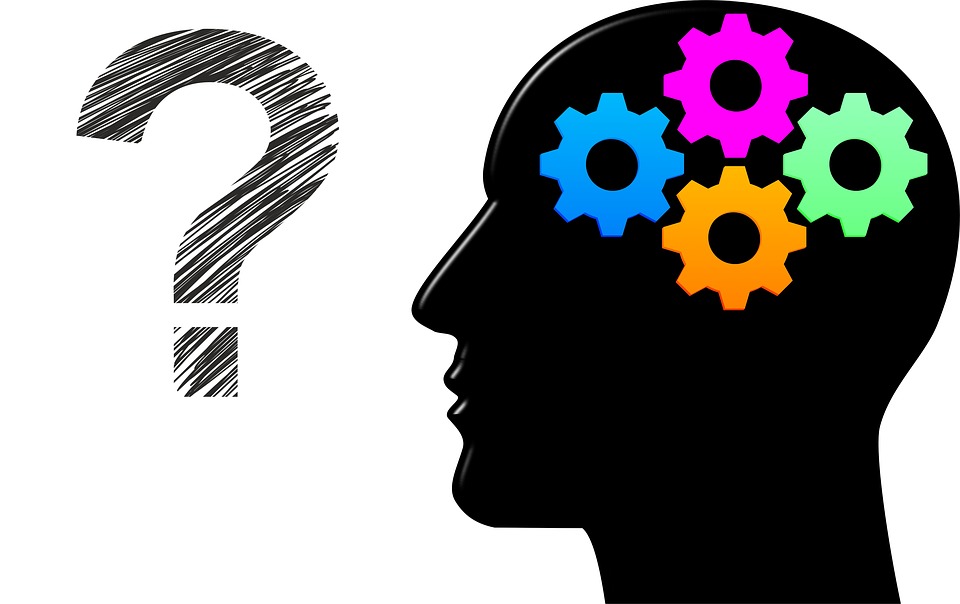Answer these 5 Questions – Learn Your Sales Emotional Intelligence

Developing emotional intelligence for sales success is an oft-neglected part of sales training. This is despite evidence which indicates emotional intelligence, rather than IQ, is key in both selling and interpersonal relationships.
In order to develop emotional intelligence, you must first become self-aware. After all, you cannot stretch your weak traits into more ideal ones if you do not know what they are. In order to become self-aware, it helps to take a formal personality or aptitude test.
However, simply asking yourself a few questions and examining your answers honestly can reveal a lot about how developed your emotional intelligence for sales success is.
Can you name someone who inspires you and why?
People generally look up to those they would like to be like in some way, or who resonate with their own personalities. By examining who your role models and inspirations are, you can tell a lot about yourself – as you likely emulate them, even if subconsciously.
Are you inspired by people like Steve Jobs or Bill Gates because of their analytical thinking? Then you likely are analytical yourself. If you admire them because they were very rich, dominated their fields, and were very blunt with their juniors, then you are likely a directive driver type.
Emotional intelligence for sales success means knowing your personality type so you can adapt as needed.
What skill requires more coaching?
This is a great interview question for recruiters to use on salespeople, and it also helps when self-examining. If you answer this honestly, it should uncover some traits you wish you had a better grip on. Things such as impulsiveness, or shyness, or disorganization can be improved with discipline and practice.
Could you tell me about one of your conflicts with a client, boss or colleague that frustrated you? What was the outcome?
This question reveals how you deal with emotional stress and aggravation. Do you tend to explode? Cry? Drown your sorrows with a beer? These behaviors are not acceptable to most people, especially not clients, so learning to curb your negative reactions will help establish emotional intelligence for sales success.
What do you do, which less successful people aren’t doing?
Answering this, you should learn what you feel differentiates you from your peers. You might answer along the lines of “I smile a lot and tend to make everyone my friend,” which indicates high empathy, but perhaps weakness in asking for the sale. Or you might answer “I never give up,” which is highly valuable as a salesperson trait – but are you also sometimes too pushy?
What skills or attributes do you feel salespeople need to have to be successful at this company?
This helps you discover if you share the same values as the company, and whether or not you need to adjust yourself or find another place to work. If you feel you need to be very aggressive to succeed at your company, and you enjoy being so, then you should have no problem. But if you are naturally meek, you will soon find yourself wishing you had never signed on.
To sum up, emotional intelligence for sales success can be developed – but the first step is self-awareness.
Video Link – http://video.asherstrategies.com/old-brain/part-6-pricing-biases



